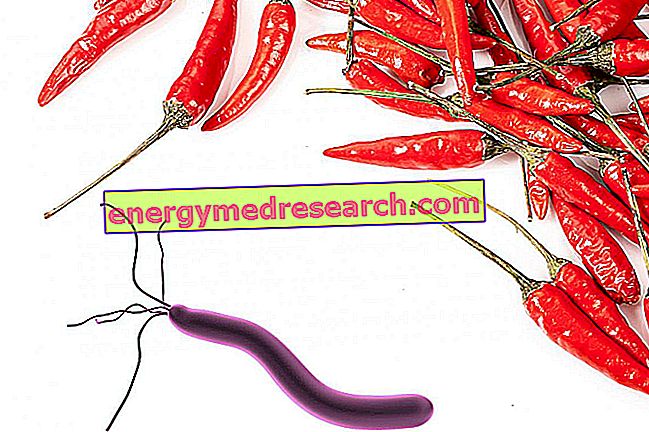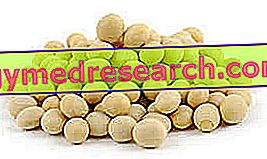
The protective activity of chilli and its characterizing active ingredient - capsaicin - against gastritis and peptic ulcer has been demonstrated by several studies, to the point that today the association of capsaicin with aspirin and others is being studied NSAIDs to reduce the deleterious effects of these drugs on the gastric mucosa.
Some research suggests that capsaicin also has some antimicrobial activity against the bacterium Helicobacter pylori, the main cause of peptic ulcer and chronic gastritis in humans. This activity was also demonstrated on Helicobacter pylori strains resistant to metronidazole and is in line with the results of some epidemiological studies; the statistics show, in fact, that in certain populations in which hot pepper is widely used, the incidence of gastric ulcers is lower.
Based on the concentrations tested in in vitro studies, to obtain antibiotic effects against Helicobacter pylori, the intake of hot pepper should be consistent (from 3 to 9 raw peppers a day depending on their capsaicin content); it should however be specified that in addition to capsaicin, other substances present in the chili pepper (phytocomplex) could exert a synergistic activity, lowering the minimum effective dose. Moreover, the synergy with the innate defenses of the stomach could further reduce the dose of chilli sufficient to eliminate Helicobacter pylori from the gastric environment.
A recent review on the relationship between chilli consumption and stomach cancer (concerning which there are conflicting studies), recommends moderation in capsaicin intake, to fully enjoy its potential benefits without risk. An invitation, however, valid especially for those populations (such as the Mexican one) where the usual consumption of chili peppers and the concentrations of capsaicin in the varieties consumed, are clearly higher than the Italian habits.



